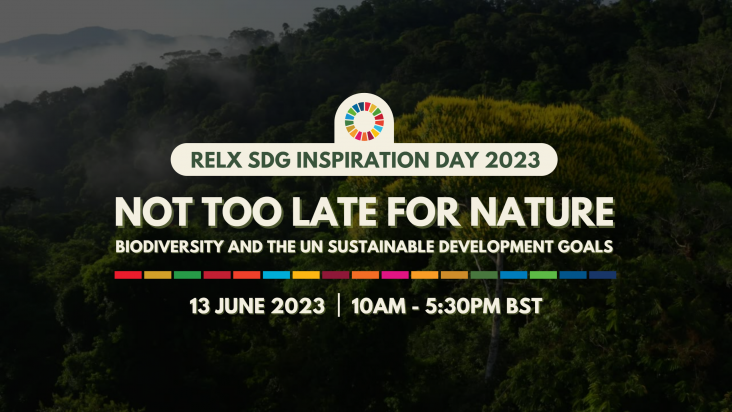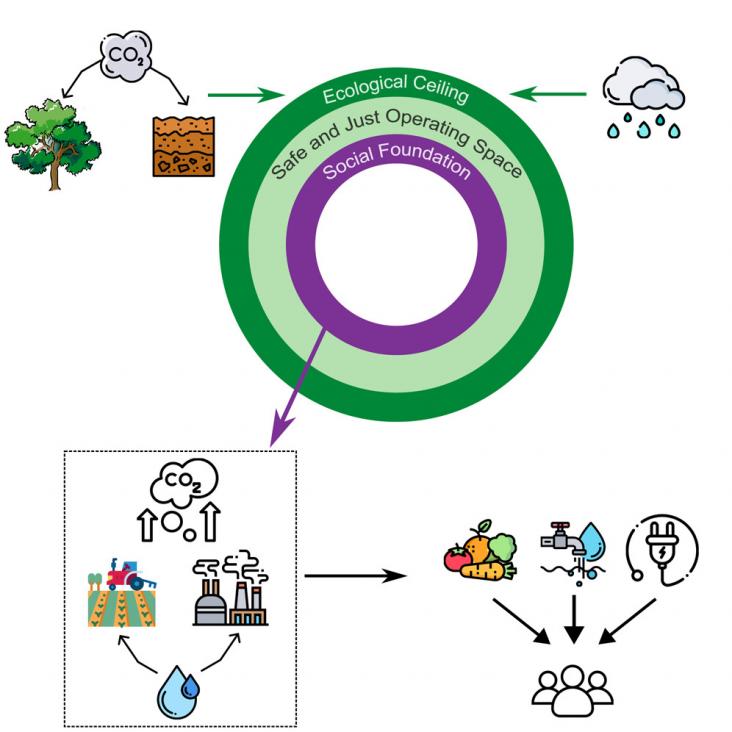Nutritional Profiles of Four Promising Wild Edible Plants Commonly Consumed by the Semai in Malaysia
Current Developments in Nutrition, Volume 7, April 2023

Possible but rare: Safe and just satisfaction of national human needs in terms of ecosystem services
One Earth, Volume 6, 21 April 2023

Stanislaw Sieniutycz, Chapter 6 - Biodiversity maintenance in food webs, Editor(s): Stanislaw Sieniutycz, Complexity and Complex Ecological Systems, Elsevier, 2023, Pages 75-97, ISBN 9780443192371
Nikolay Manchev Petrov, Mariya Ivanova Stoyanova, Rajarshi Kumar Gaur, Chapter 12 - Biodiversity and characterization of economically important viruses on potato cultivars, Editor(s): Rajarshi Kumar Gaur, Basavaprabhu L. Patil, Ramasamy Selvarajan, Plant RNA Viruses, Academic Press, 2023, Pages 245-270, ISBN 9780323953399
